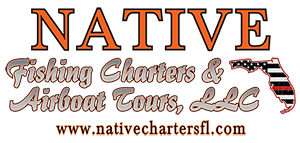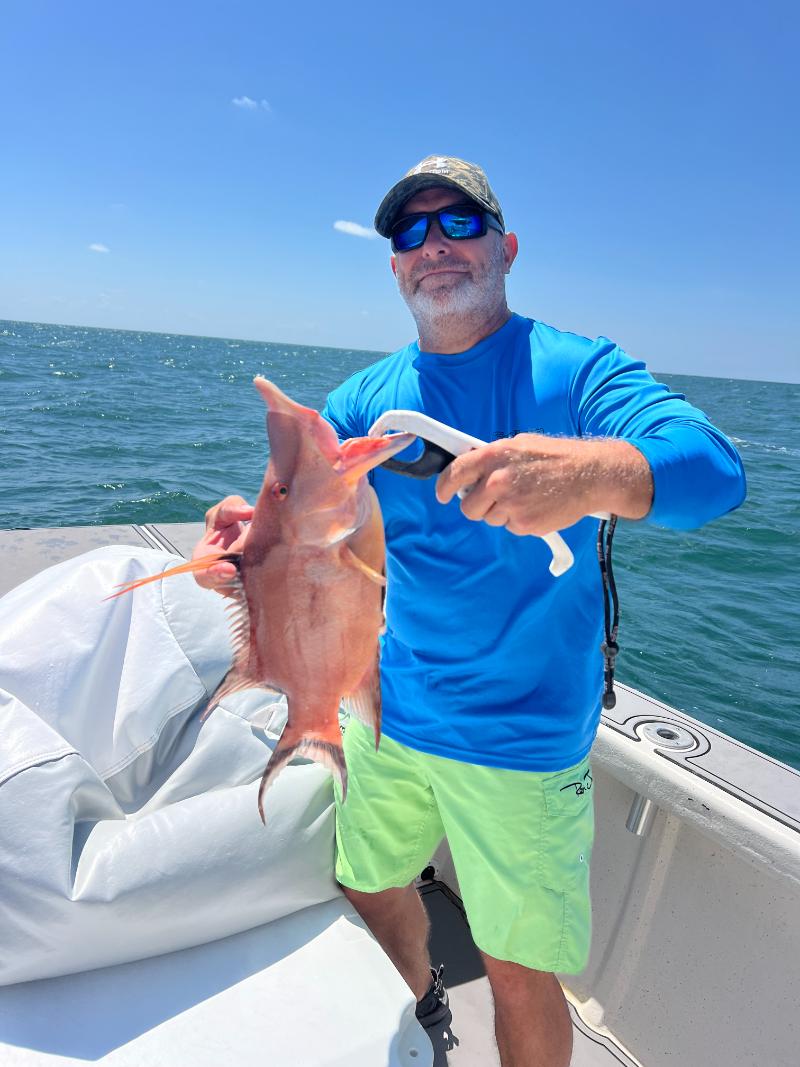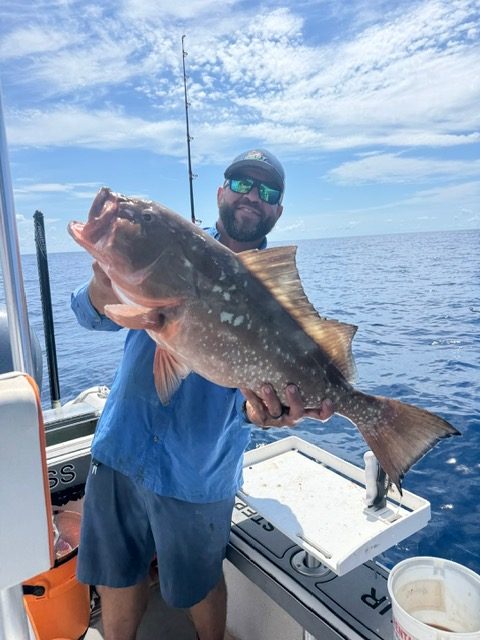Stay Legal and Help Preserve Florida’s Fishery
Understanding fishing regulations is essential for every angler targeting mangrove snapper in Florida waters. These rules protect the fishery and ensure healthy populations for future generations. Whether you’re a resident or visiting angler, staying informed about current size limits, bag limits, and seasonal restrictions will keep you compliant and help conserve this valuable resource.
Current Florida Mangrove Snapper Regulations
Minimum Size Limit
The minimum size limit for mangrove snapper in Florida is 10 inches total length. This measurement is taken from the tip of the snout to the tip of the tail with the tail pinched closed.
Always measure your catch carefully. If a fish is borderline, it’s best to release it and keep fishing. Undersized fish must be released immediately with minimal handling to maximize survival.
Bag Limit
The recreational bag limit for mangrove snapper is 5 fish per person per day in state waters and 10 fish per person per day in federal waters (beyond 9 nautical miles from shore in Gulf waters, beyond 3 nautical miles in Atlantic waters).
This bag limit is separate from other snapper species, meaning you can harvest your mangrove snapper limit in addition to limits for other snapper like lane snapper, mutton snapper, or red snapper (when in season).
Season
There is no closed season for mangrove snapper in Florida. They can be harvested year-round, making them an excellent target species when other popular fish like red snapper have seasonal closures.
Where These Rules Apply
Florida’s mangrove snapper regulations apply to:
- State waters (out to 9 nautical miles in the Gulf of Mexico, 3 nautical miles in the Atlantic)
- Federal waters have different bag limits (10 per person) but the same size limit
- Both recreational and for-hire fishing (charter boats)
Private recreational anglers and those fishing on charter boats must follow the same regulations.
Special Considerations and Additional Rules
Proper Handling and Measurement
When measuring mangrove snapper, lay the fish flat on a measuring board or ruler. Measure from the tip of the closed mouth to the furthest point of the tail while pinching the tail fins together. The fish must meet the minimum 10-inch requirement.
Venting and Descending Devices
Mangrove snapper caught in deeper water may suffer from barotrauma (expansion of gases in the swim bladder). To improve survival of released fish:
- Use venting tools to release expanded gases
- Consider using descending devices to return fish to depth quickly
- Handle fish carefully and minimize time out of water
Filleting Regulations
In Florida, you must keep mangrove snapper in whole or head and gutted condition until you reach shore. This allows fish and wildlife officers to verify species identification and measure compliance with size limits. You cannot fillet your catch while still on the water.
License Requirements
A valid Florida saltwater fishing license is required for most anglers targeting mangrove snapper. Exemptions include:
- Children under 16
- Florida residents 65 and older
- Florida residents fishing from shore
- Active-duty military with valid ID
- Anglers fishing from a licensed charter boat
Always check current licensing requirements, as rules may change.
Why These Regulations Matter
Mangrove snapper are a prized species throughout Florida, valued for both their fighting ability and excellent eating quality. Regulations like minimum size limits ensure that fish reach reproductive maturity before harvest, helping maintain healthy breeding populations.
The 10-inch minimum size limit allows mangrove snapper to spawn at least once before being harvested, supporting population sustainability. By following these rules, anglers contribute to the long-term health of the fishery.
Regulation Updates and Staying Informed
Fishing regulations can change based on stock assessments and management needs. Always verify current rules before your trip by:
- Visiting the Florida Fish and Wildlife Conservation Commission website (MyFWC.com)
- Checking with local tackle shops
- Asking your charter captain
- Downloading the Fish Rules app for mobile access
Tips for Responsible Mangrove Snapper Fishing
Beyond following legal requirements, consider these conservation-minded practices:
Keep only what you need. Just because you can harvest 5 fish doesn’t mean you must. Take what you’ll eat and release the rest.
Release fish carefully. Handle fish with wet hands, remove hooks quickly, and return undersized or unwanted fish to the water promptly.
Report violations. If you witness illegal fishing activity, contact FWC’s Wildlife Alert Hotline at 888-404-FWCC (3922).
Support sustainable practices. Choose charter operators who emphasize conservation and ethical fishing practices.
Book Your Compliant Fishing Charter with Native Fishing Charters
Want to enjoy outstanding mangrove snapper fishing without worrying about regulations and compliance? Native Fishing Charters takes the guesswork out of your fishing adventure.
Our licensed captains are experts in Florida fishing regulations and ensure every trip follows all current rules. We handle licensing for our passengers, provide proper measuring tools, and practice ethical catch-and-release techniques for undersized or excess fish. You can focus entirely on the fishing experience while we manage the details.
With Native Fishing Charters, you’ll fish with confidence knowing you’re in full compliance with all Florida regulations. Our captains target productive spots where legal-sized mangrove snapper are plentiful, maximizing your chances of bringing home a delicious catch within legal limits.
Ready to experience world-class mangrove snapper fishing the right way? Contact Native Fishing Charters today to book your trip. Let our professional captains show you the best fishing Florida has to offer while ensuring a fully legal and conservation-minded experience.
Native Fishing Charters – Professional guides committed to excellent fishing and responsible stewardship of Florida’s marine resources.
Disclaimer: Fishing regulations are subject to change. Always verify current rules with the Florida Fish and Wildlife Conservation Commission before fishing. This information is current as of 2025 but may be updated by management agencies.




